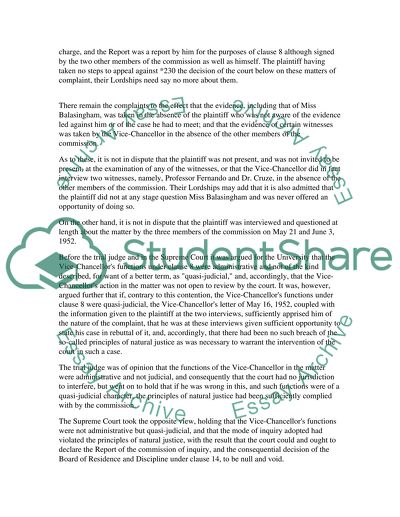Cite this document
(“Lord Jenkins Essay Example | Topics and Well Written Essays - 1500 words”, n.d.)
Retrieved from https://studentshare.org/law/1394195-law
Retrieved from https://studentshare.org/law/1394195-law
(Lord Jenkins Essay Example | Topics and Well Written Essays - 1500 Words)
https://studentshare.org/law/1394195-law.
https://studentshare.org/law/1394195-law.
“Lord Jenkins Essay Example | Topics and Well Written Essays - 1500 Words”, n.d. https://studentshare.org/law/1394195-law.


